Catch Rajesh Thapar an industry expert and our thought leader as he shares his thought-provoking insights in his key note session on the topic “𝗙𝗿𝗼𝗺 𝗦𝗲𝗰𝘂𝗿𝗶𝘁𝘆 𝗠𝗮𝗻𝗮𝗴𝗲𝗿 𝘁𝗼 𝗕𝘂𝘀𝗶𝗻𝗲𝘀𝘀 𝗘𝗻𝗮𝗯𝗹𝗲𝗿: 𝗖𝗜𝗦𝗢 𝗳𝗼𝗿 𝗡𝗲𝘅𝘁 𝗗𝗲𝗰𝗮𝗱𝗲” at our 𝟰𝘁𝗵 𝗘𝗱𝗶𝘁𝗶𝗼𝗻 𝗖𝗜𝗦𝗢 𝗖𝗼𝗻𝗰𝗹𝗮𝘃𝗲 & 𝗔𝘄𝗮𝗿𝗱𝘀 𝟮𝟬𝟮𝟮.”
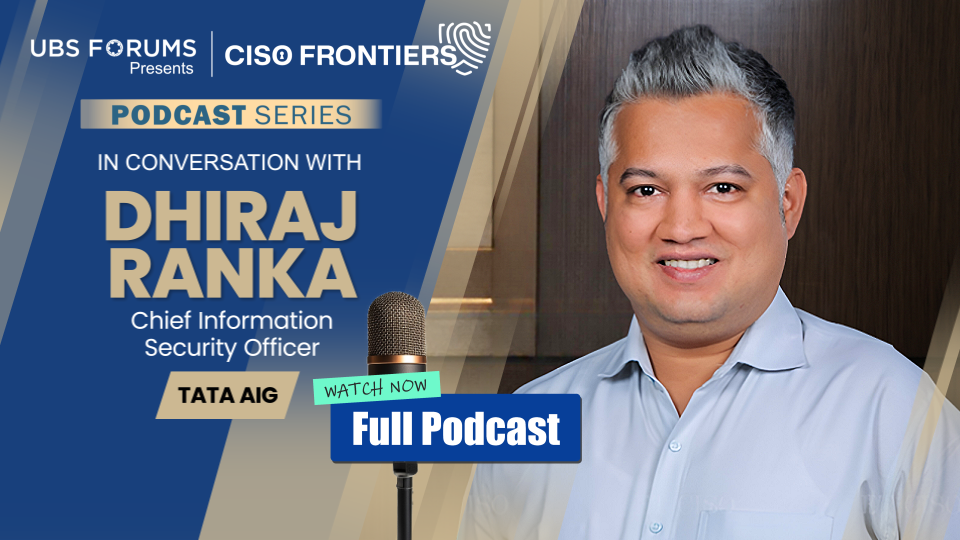

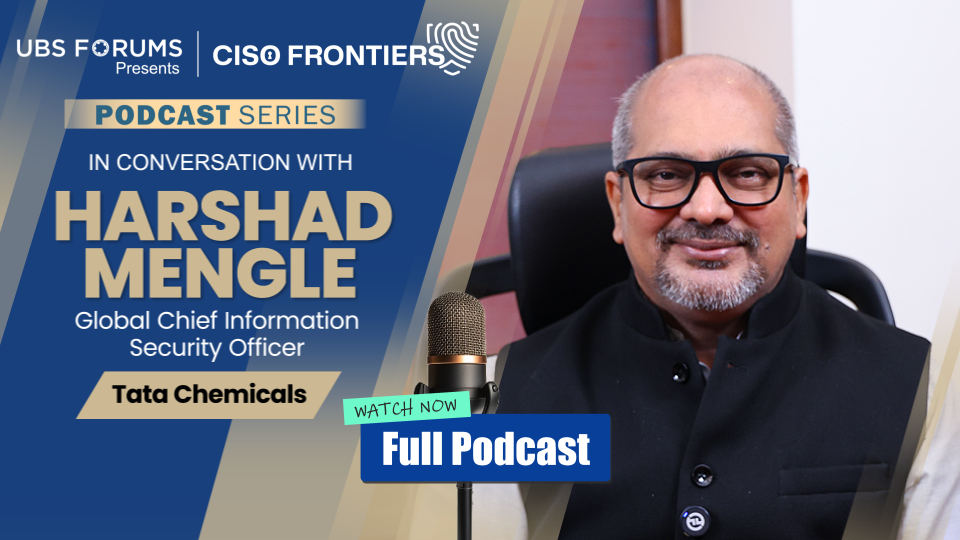

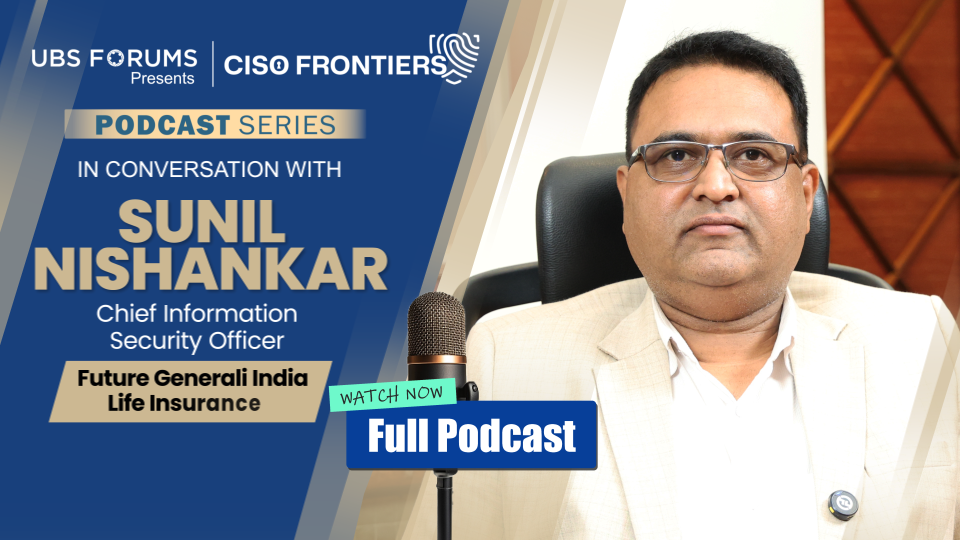
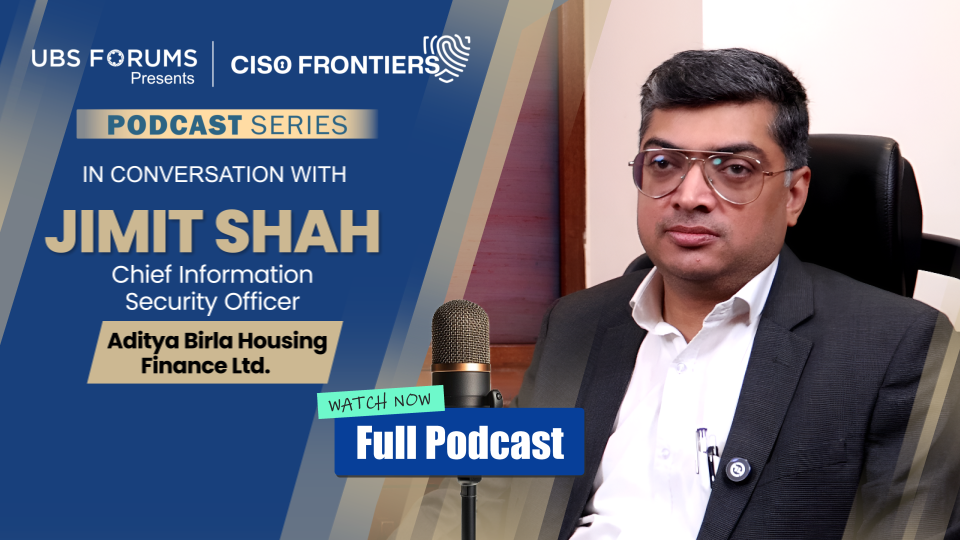
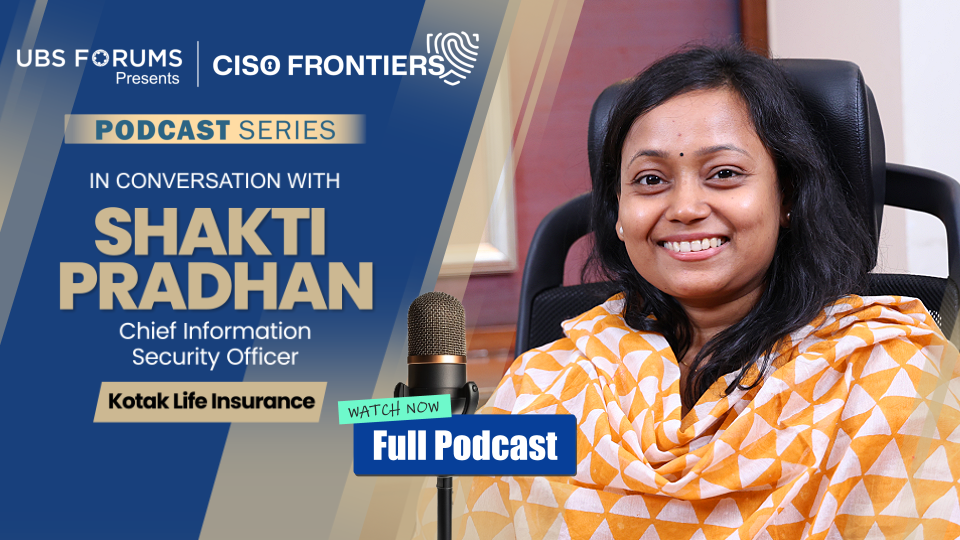
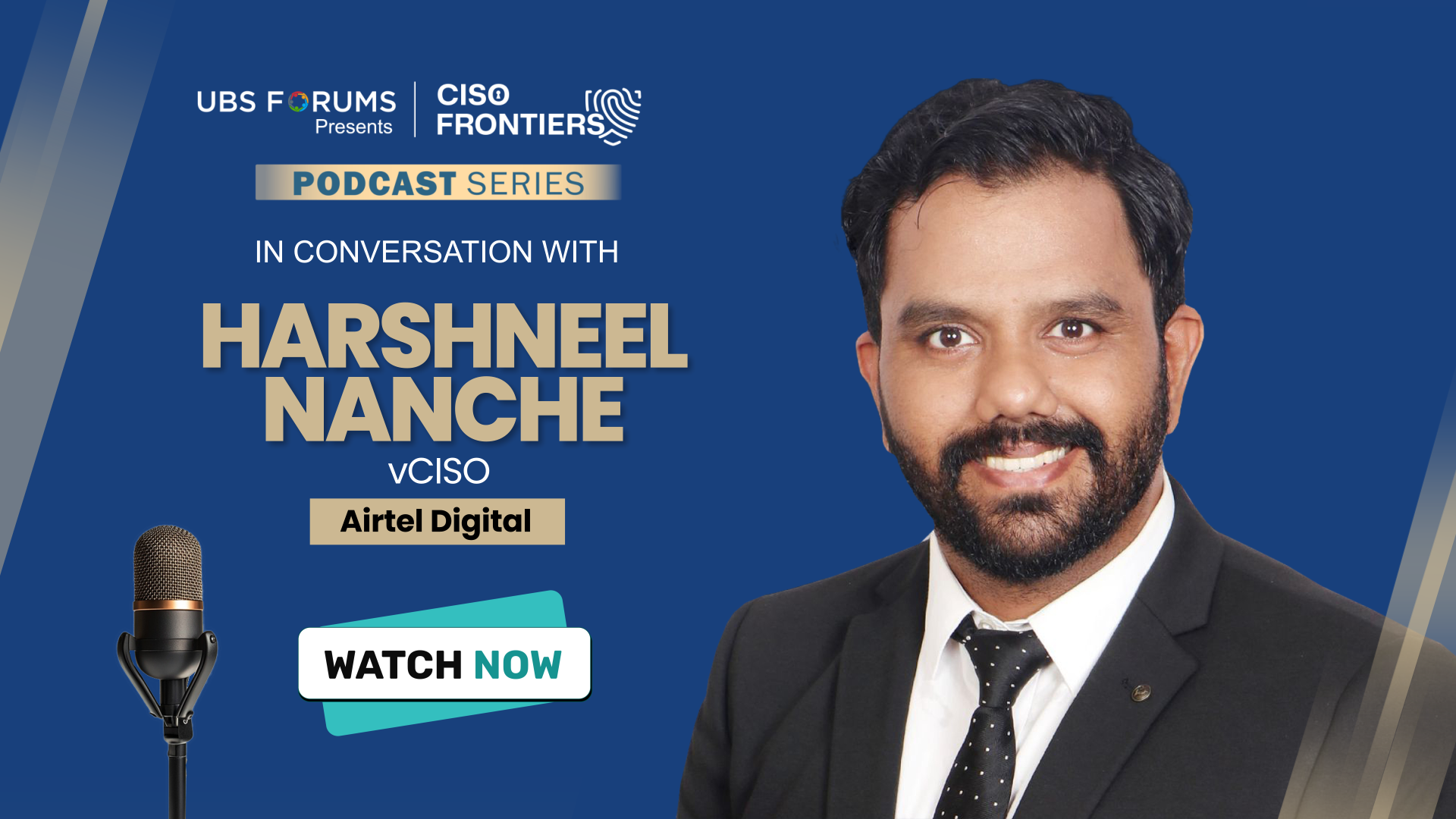






CISO Frontiers.© All Rights Reserved.
Design by UBS Forums
Thank you for sharing. I completely agree with your approach. Before the CSR Bill was enacted, I was also part of Lupin HWRF in Bhopal, where we implemented CSR initiatives in Pachore under the leadership of Mr. Chug, who was heading LHWRF at the time. Our approach back then was more of an annual planning model. It’s heartening to hear that CSR at LHWRF is now much more structured and strategic. I would like to suggest implementing a Results-Based Management (RBM) framework within the CSR initiatives of LHWRF. I would be happy to support this process. RBM involves developing a 3- to 5-year strategic plan based on a thorough needs assessment, preparing a concept note, designing a results chain, and establishing a monitoring, evaluation, and exit strategy. This approach can significantly enhance the impact and sustainability of CSR programs.